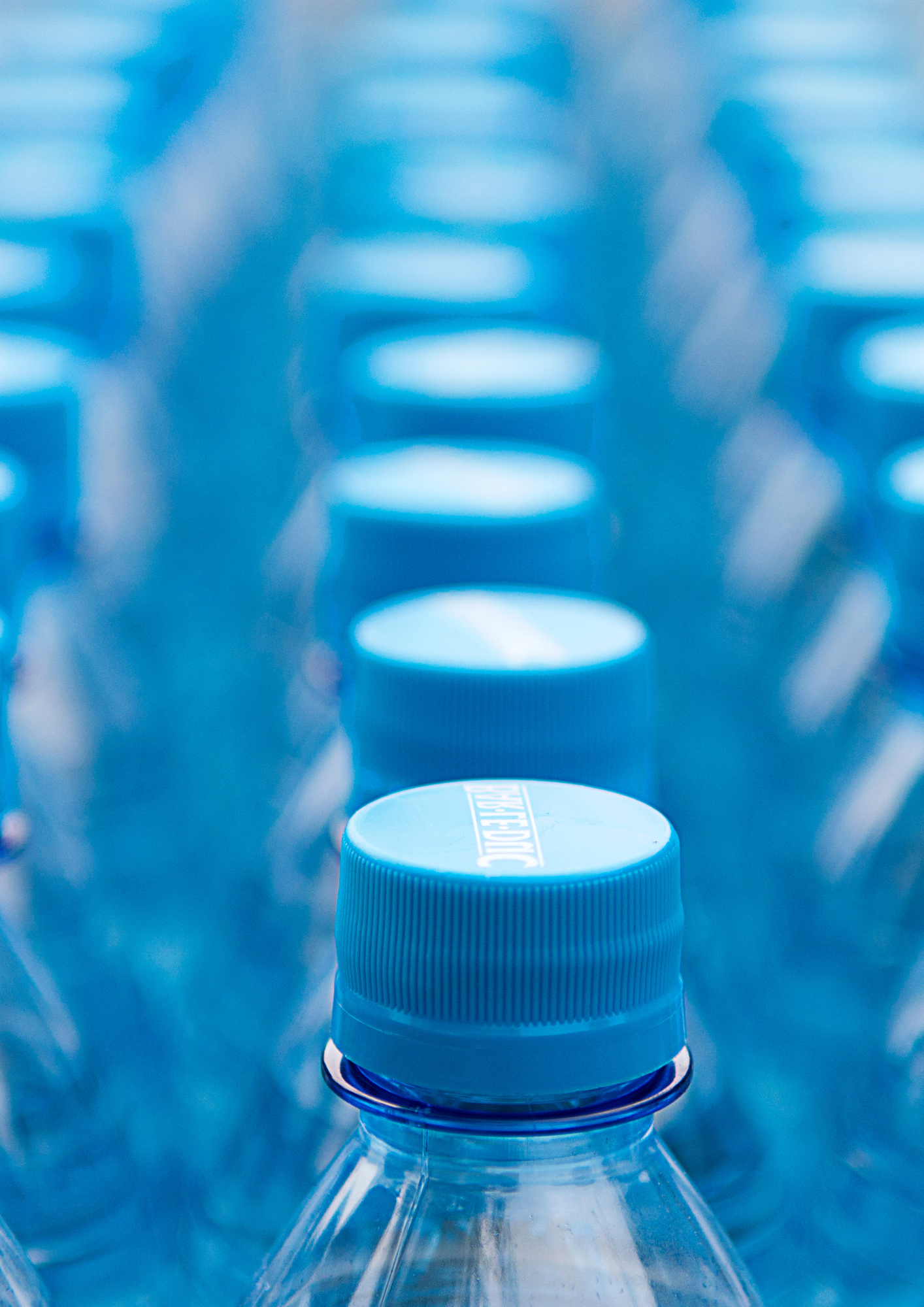As of 3 July 2024, plastic bottle caps have become inseparable from their bottles in Europe. Now, drinking from a bottle with the cap attached might seem like a new Olympic sport, but it is all for a good cause: keeping beaches clean and oceans happier!
The impact of plastic bottle caps on the environment and biodiversity is significant and worrying.
These small objects can end up in terrestrial and marine ecosystems, causing long-term damage.
In fact, caps are among the top five most frequently found objects during beach clean-ups.
These PET components contribute to visual pollution; it take hundreds of years to decompose; during which time they release microplastics.
Animals, both terrestrial and marine, can ingest the caps, mistaking them for food, which can lead to suffocation, obstruction of the digestive system and exposure to toxic substances.
To combat this problem, the European Union has adopted measures such as theobligation of caps attached to bottles.
The new legislation is part of the broader Single-Use Plastic (SUP) Directive adopted in 2019. It has already banned the sale of single-use plastic products such as plates, cutlery, straws and cotton buds.
It is essential that environmental policies are accompanied by a change in consumer behaviour and industry practices.
Recycling and proper disposal of plastic caps are crucial steps to mitigate the negative impact on flora and fauna.
The industry has had time to prepare for this transition, and in many EU countries, including Italy, bottles with attached caps have already been on the market for some time.
The aim is to encourage the proper disposal of caps and bottles together, facilitating separate collection and reducing the dispersion of plastic into the environment.
Play for the Planet
